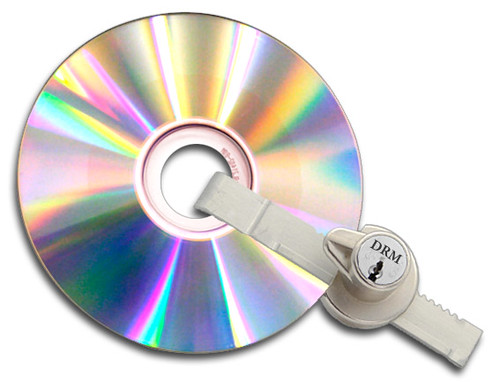One major function of property rights is to balance incentives to invent with incentives to innovate. In the case of music, copyright claims have stifled the innovation that arose from the digital revolution. See Girl Talk's Gregg Gillis who has built his career on mash-ups and remixes. Armed with his laptop, Gillis uses hundreds of samples per album without obtaining rights by claiming fair use. This has made him a target for copyright cops and slowed his ability to release albums. Now that he's released both Night Ripper and 2008's acclaimed Feed the Animals, he argues that his use of samples increases exposure for all parties involved. Proponents of traditional copyright point to established precedents set in the 80s when rappers began paying for their use of samples. However, up until recently, artists never before used samples in such large quantities.
It's not only DJs who have been targeted in the copyright wars. Guitarist Joe Satriani has recently filed an infringement suit against Coldplay for alleged theft of a riff. Satriani claims Coldplay stole the melody of "Viva La Vida" from his song "If I Could Fly" (see below for evidence). True, the Satriani's chorus sounds alarmingly similar to the Coldplay's verse, but is this lawsuit material? The blogosphere has echoed a resonant "no," while some Coldplay haters are supporting Satriani's suit. The chord progressions are similar but not not identical (click here for the music theory analysis). In addition, it's virtually impossible to write a completely original song without unintentionally borrowing material.
Check out this video from College Humor which it illustrates how 30+ songs are based on the chord progression from "Don't Stop Believin'." It's also a fun stroll down memory lane via song. Rigorously pursuing copyright infringement is not the way to support an already struggling industry. Copyright of some kind is necessary to create incentives for creating songs, but we must reevaluate what constitutes fair use versus infringement.
Here's a comparison of Satriani's "If I Could Fly" with Coldplay's "Viva La Vida." Decide for yourself.


